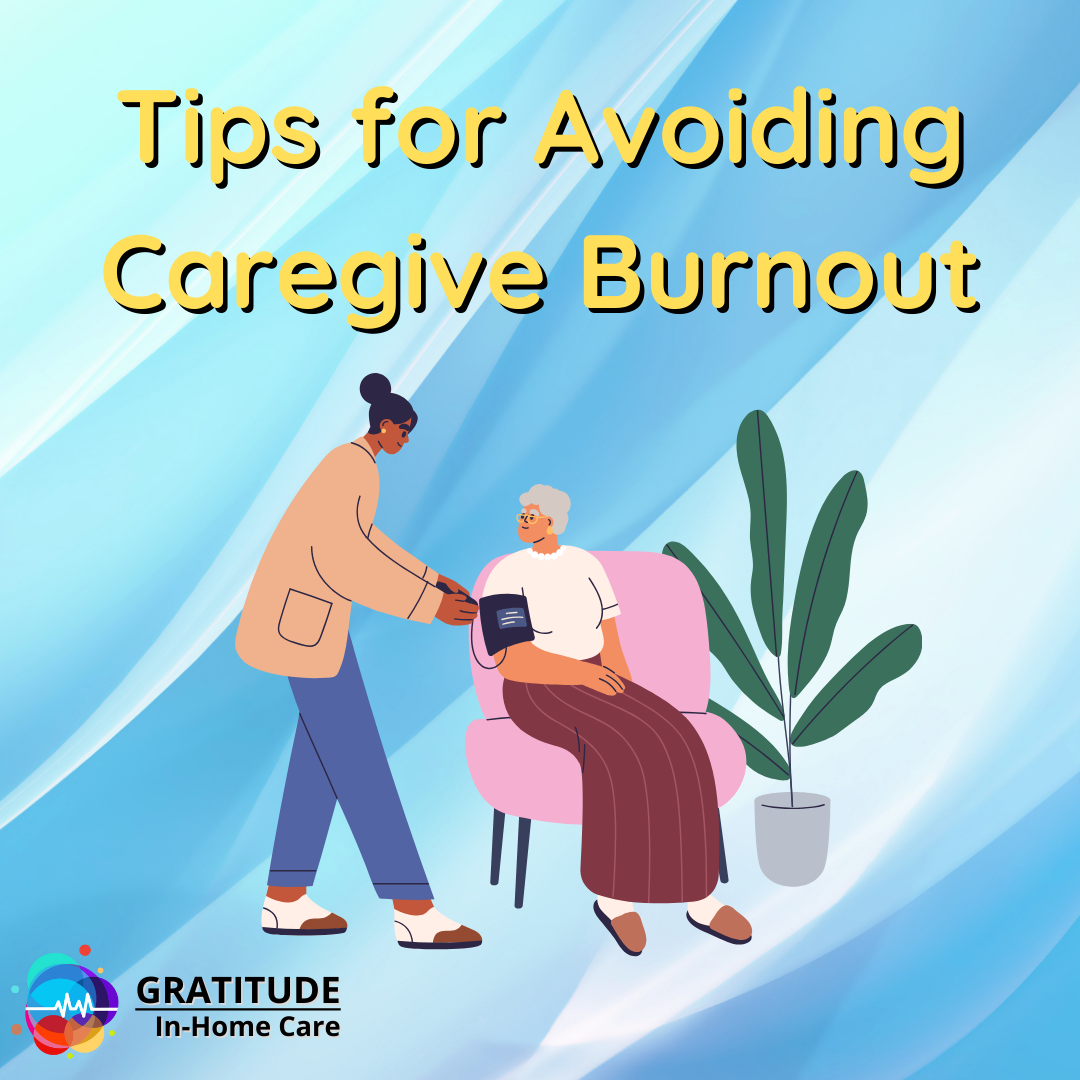Avoiding caregiver burnout is essential for maintaining your well-being while providing care for someone in need. Caregiver burnout can result from prolonged stress, emotional strain, and physical exhaustion. Here are some strategies to help you prevent caregiver burnout:
✨ Seek Support: Don’t try to do everything on your own. Reach out to friends, family members, or support groups for help and emotional support. Sharing your feelings and experiences with others who understand can be incredibly therapeutic.
✨ Set Realistic Expectations: Understand your limitations and set realistic goals. You can’t do everything, and it’s okay to prioritise certain tasks and responsibilities.
✨ Take Regular Breaks: Make sure to take short breaks throughout the day to rest and recharge. Even just a few minutes of deep breathing or a short walk can help alleviate stress.
✨ Maintain Your Own Health: Remember to take care of your physical and emotional health. Eat well, exercise regularly, and get enough sleep. Avoid sacrificing your own health for the sake of caregiving.
✨ Delegate Tasks: If possible, delegate some caregiving tasks to other family members or hired caregivers. This can lighten your load and give you more time for self-care.
✨ Time Management: Organise your day and prioritize tasks. Use tools like calendars and to-do lists to help you stay organised and reduce the feeling of being overwhelmed.
✨ Respite Care: Consider respite care services, which provide temporary relief to caregivers by offering professional care for your loved one. This can give you a break and reduce the constant caregiving demands.
✨ Set Boundaries: Establish clear boundaries between your caregiving responsibilities and your personal life. Avoid allowing caregiving to consume all your time and energy.
✨ Seek Professional Help: If you’re feeling overwhelmed, anxious, or depressed, it’s essential to seek professional help. A therapist or counsellor can provide support and coping strategies.
✨ Take Time for Yourself: Schedule regular “me time.” This could be doing activities you enjoy, such as reading, gardening, or pursuing a hobby. Self-care is vital for your mental and emotional well-being.
✨ Stay Informed: Educate yourself about your loved one’s condition and available resources. The more you know, the better you can plan and make informed decisions about their care.
✨ Practice Stress-Reduction Techniques: Explore stress-reduction techniques like mindfulness meditation, deep breathing exercises, or yoga. These practices can help you manage stress and stay centred.
✨ Accept Help: Don’t hesitate to accept help when offered by friends or neighbours. People often want to assist but may not know how to offer their support.
✨Stay Positive: Focus on the positive aspects of caregiving and the gratitude you feel for being able to help your loved one. A positive mindset can make the challenges more manageable.
✨ Plan for Resilience: Recognise that caregiving can be a long-term endeavor. Plan for resilience by adopting a sustainable caregiving routine that you can maintain over time.
Remember that caregiver burnout is common, and it’s crucial to prioritise your own well-being. By taking steps to care for yourself, you’ll be better equipped to provide the support your loved one needs. Don’t hesitate to seek professional guidance and support if you’re struggling with caregiver burnout.
Get in touch for any inquiries or and to book a free consultation!






Learn more about our home Care Services
More options,
More hours,
More bang for buck
Personalised Packages

Get more hours for your Home Care Package
Try our calculator for self-funded individuals!
We understand that it can be stressful trying to figure out how much money the care you need will cost. We’ve made it easy to figure out how much it will cost for even the most complicated of care plans.

Aged Care Fees: The Basic Daily Fee & Income Tested Fee

Home Care Package Subsidy Annual Amounts

International Women’s Day (IWD) 2025

Ramadan Mubarak! | Aged Care | Gratitude in-home carer registered HCP provider

Nurses Wage and Home Care Package Subsidy Increases



